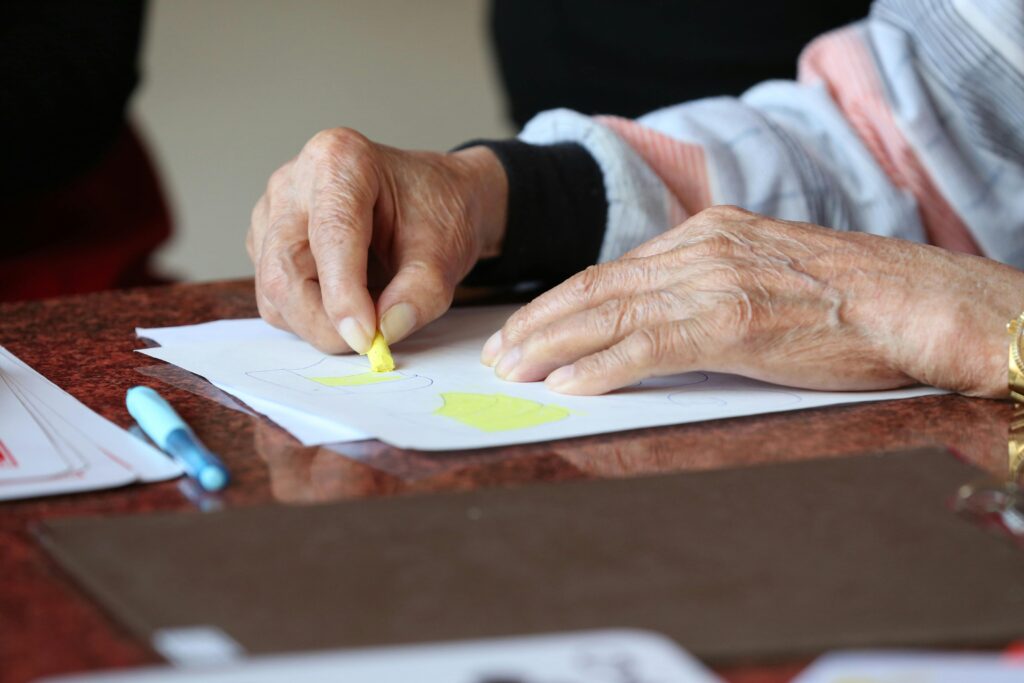When a loved one resides in a nursing home, access to their medical records is essential for ensuring proper care, managing health decisions, and addressing potential concerns about their treatment. However, some families in California face difficulties obtaining these records. If a nursing home refuses to release medical records, it is important to understand your rights, the applicable laws, and the steps you can take to secure this critical information.
Understanding Your Rights Under California Medical Records Laws
Federal and state laws grant patients and their legal representatives the right to access medical records. The Health Insurance Portability and Accountability Act (HIPAA) is the primary federal law that governs medical record access, ensuring that individuals can obtain their records upon request.
In California, medical record access is further protected by state laws, including:
- California Health & Safety Code §12301: This law requires healthcare providers, including nursing homes, to provide copies of medical records within 15 days of receiving a written request.
- California Civil Code §56: This law reinforces a patient’s right to obtain their health records and ensures that a designated representative, such as a family member or attorney, can access them.
- HIPAA (45 CFR §164.524): Under this federal law, a nursing home must provide access to medical records within 30 days, though California’s 15-day rule takes precedence as it is stricter.
If a nursing home refuses to release medical records, they may be violating both federal and state laws.
Steps to Take If a Nursing Home Won’t Release Medical Records
If you encounter resistance when requesting nursing home medical records, follow these steps to assert your rights and obtain the documents:
1. Submit a Formal Written Request
Begin by submitting a formal written request to the nursing home. Your request should include:
- The patient’s full name and date of birth
- Your relationship to the patient
- A clear statement requesting medical records under California Health & Safety Code §12301 and HIPAA
- The specific records you need (e.g., treatment history, medication logs, doctor’s notes)
- Your preferred method of delivery (mail, fax, or email)
- A deadline for response (typically 15 days, per California law)
Send the request via certified mail with a return receipt to ensure you have proof of submission.
2. Confirm the Nursing Home’s Authorization Requirements
Some nursing homes require a signed authorization form before releasing records. If so, complete the necessary forms and submit them with your request. If the nursing home claims you are not authorized, provide proof of your legal right to access the records, such as:
- A power of attorney for healthcare
- A court-appointed guardianship or conservatorship
- Proof that you are the executor of the estate (if the patient is deceased)
3. Follow Up in Writing
If the nursing home does not respond within 15 days, send a follow-up letter referencing the original request and the legal obligation to provide records. Reiterate that failure to comply may result in legal action.
4. File a Complaint with the California Department of Public Health (CDPH)
If the nursing home continues to withhold records, file a complaint with the California Department of Public Health (CDPH), which oversees nursing homes. You can submit complaints through:
- The CDPH website
- The local Licensing and Certification District Office
- Calling the CDPH complaint hotline at 1-800-236-9747
Provide copies of your written request and any responses from the nursing home.
5. Contact the U.S. Department of Health and Human Services (HHS) Office for Civil Rights
If the refusal violates HIPAA, file a complaint with the Office for Civil Rights (OCR) under the U.S. Department of Health and Human Services (HHS). Complaints can be submitted online at the HHS website.
6. Consult an Elder Law Attorney
If administrative complaints do not resolve the issue, consult an experienced elder law attorney. A lawyer can:
- Issue a legal demand letter
- Pursue a court order compelling the nursing home to release the records
- File a lawsuit if the nursing home is violating state or federal laws
An attorney can also help determine whether the nursing home is withholding records to conceal neglect or abuse, which may warrant further legal action.
Potential Penalties for Non-Compliance
Nursing homes that fail to comply with medical record requests may face penalties, including:
- Fines and citations from regulatory agencies
- Lawsuits filed by patients or their representatives
- Loss of Medicare and Medi-Cal certification, jeopardizing their ability to operate
Conclusion
If a nursing home refuses to release medical records, it is essential to act quickly and assert your legal rights. California medical records laws, along with federal protections under HIPAA, ensure that patients and their legal representatives have access to this vital information. By following the steps outlined above—including submitting a written request, filing complaints, and seeking legal assistance—you can take the necessary actions to obtain your loved one’s medical records.
For further assistance, consider reaching out to an elder law attorney who specializes in nursing home cases. At P&P Law Firm, we are committed to protecting the rights of families and ensuring that nursing homes comply with all legal requirements. If you need help obtaining medical records or addressing concerns about nursing home care, contact us today for a consultation.


